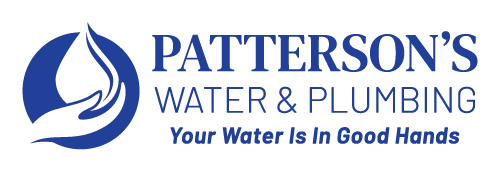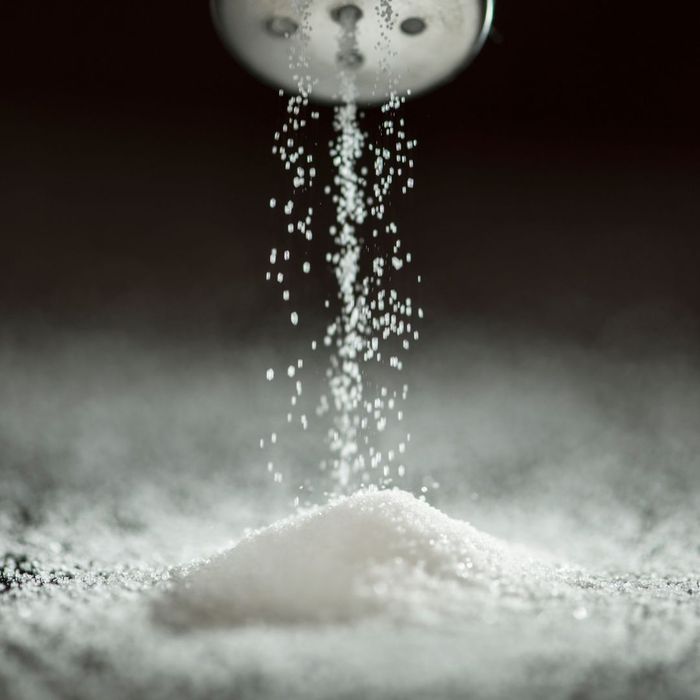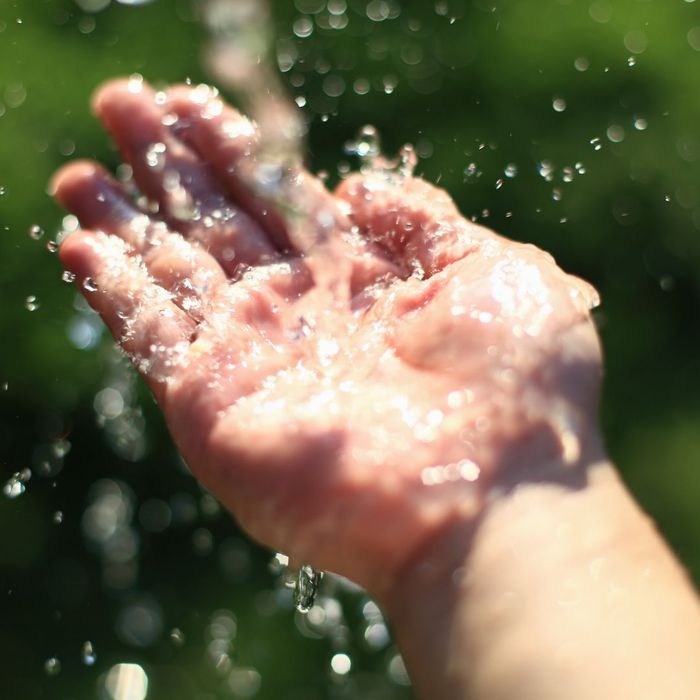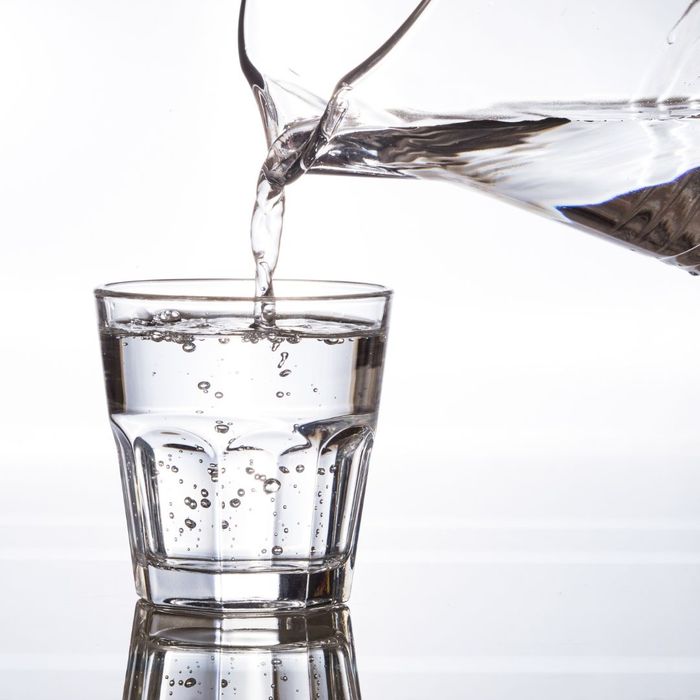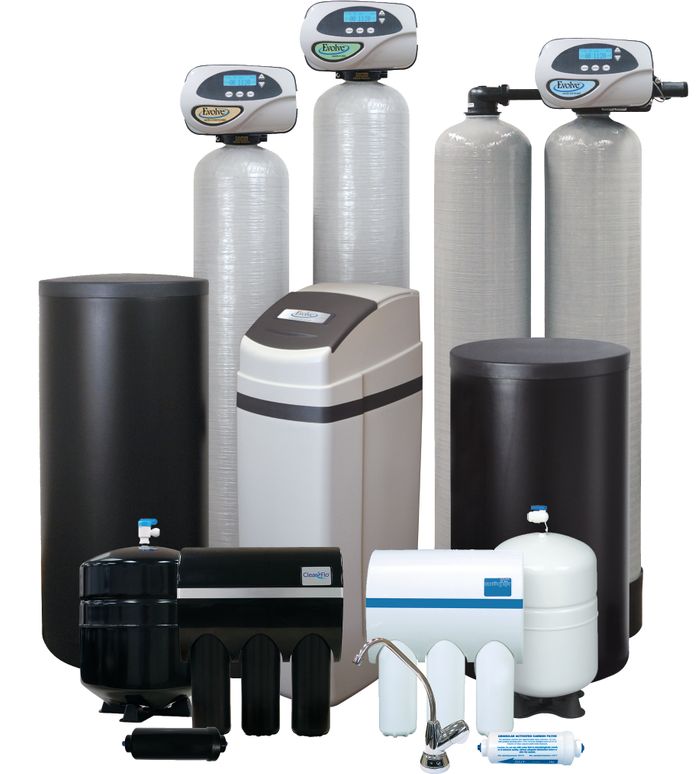Common Misconceptions About Water Softeners
Water softeners are essential for improving water quality in many homes, yet several myths and misconceptions surround their use. At Patterson’s Water & Plumbing, we want to set the record straight so you can make an informed decision about your water treatment needs. Let’s debunk some of the most common misconceptions about water softeners.
1. Water Softeners Make Water Salty
One of the biggest myths is that softened water tastes salty. In reality, water softeners use a small amount of sodium to replace hardness minerals like calcium and magnesium, but the sodium content is minimal. The amount added is far less than what you’d find in common foods, and it doesn’t make your water taste salty.
2. Water Softeners Remove Essential Minerals
Some people worry that softeners remove beneficial minerals from water, making it less healthy. While it’s true that they eliminate calcium and magnesium, these minerals in hard water are not an ideal dietary source because they can contribute to scale buildup. You can still get your essential minerals from a balanced diet without dealing with the negative effects of hard water.
3. Water Softeners Waste a Lot of Water
Modern water softeners are much more efficient than older models. Newer systems use advanced technology to regenerate only when necessary, reducing water and salt usage. Choosing a high-efficiency model can help minimize waste while still providing soft water benefits.
4. Softened Water Is Unsafe to Drink
Softened water is perfectly safe to drink for most people. The sodium added is minimal, but if you are on a strict low-sodium diet, you can opt for a potassium-based softener or install a separate drinking water filtration system.
5. Water Softeners Are Only Necessary in Extremely Hard Water Areas
Even moderately hard water can cause issues such as scale buildup in pipes and appliances, dry skin, and reduced soap effectiveness. A water softener can benefit households in a variety of water conditions by improving efficiency, extending appliance lifespan, and enhancing overall water quality.
6. Soft Water Feels Slimy Because It’s Not Rinsing Off Soap
That slippery feeling after washing with soft water isn’t soap residue—it’s actually your skin’s natural oils. Hard water leaves a film on your skin that you might be used to, while soft water allows soap to rinse away completely, leaving your skin feeling smoother and cleaner.
7. Water Softeners Are High Maintenance
While water softeners do require some maintenance, such as replenishing salt and occasional cleaning, they are relatively low-maintenance appliances. With proper care and routine servicing, a good-quality water softener can last for years with minimal upkeep.
By understanding the facts about water softeners, you can make an informed decision about whether one is right for your home. If you have questions or need expert water treatment solutions, contact Patterson’s Water & Plumbing today!
